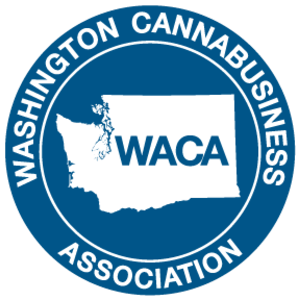Legislative Round Robin
from the draft event agenda (June 3, 2022)
After two years staring at a monitor watching the legislative process, we want to encourage attendees to meet their elected leaders in person. During this Round Robin, conference attendees will meet in small groups with legislative leaders representing the State House, the State Senate and from both sides of the political aisle.
Panelists
- Curtis King, WA Senator (R-14)
- Ann Rivers, WA Senator (R-18)
- Karen Keiser, WA Senator (D-32)
- Rebecca Saldaña, WA Senator (D-37)
- Derek Stanford, WA Senator (D-1)
- Shelley Kloba, WA Representative (D-1)
- Matt Boehnke, WA Representative (R-8)
- Larry Springer, WA Representative (D-45)
- Eric Robertson, WA Representative (R-31)
- Monica Jurado Stonier, WA Representative (D-49)
